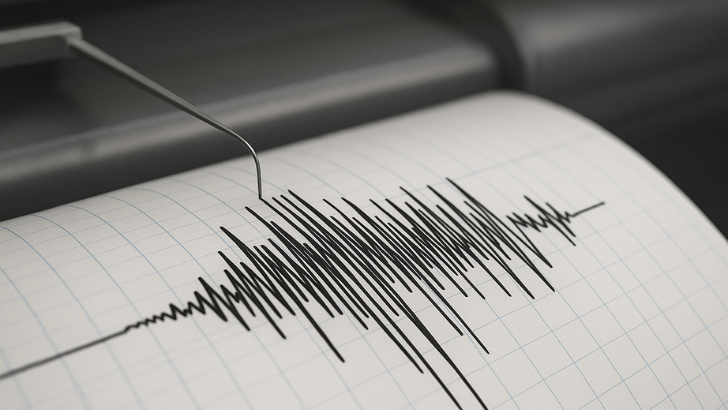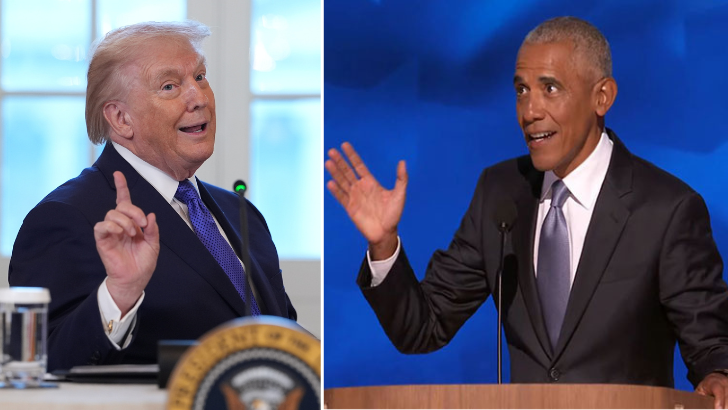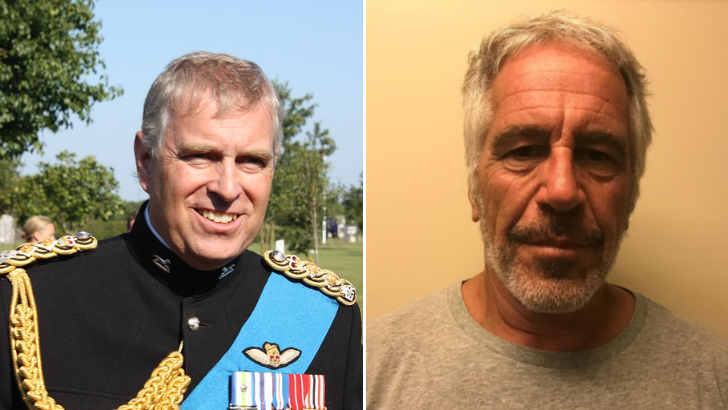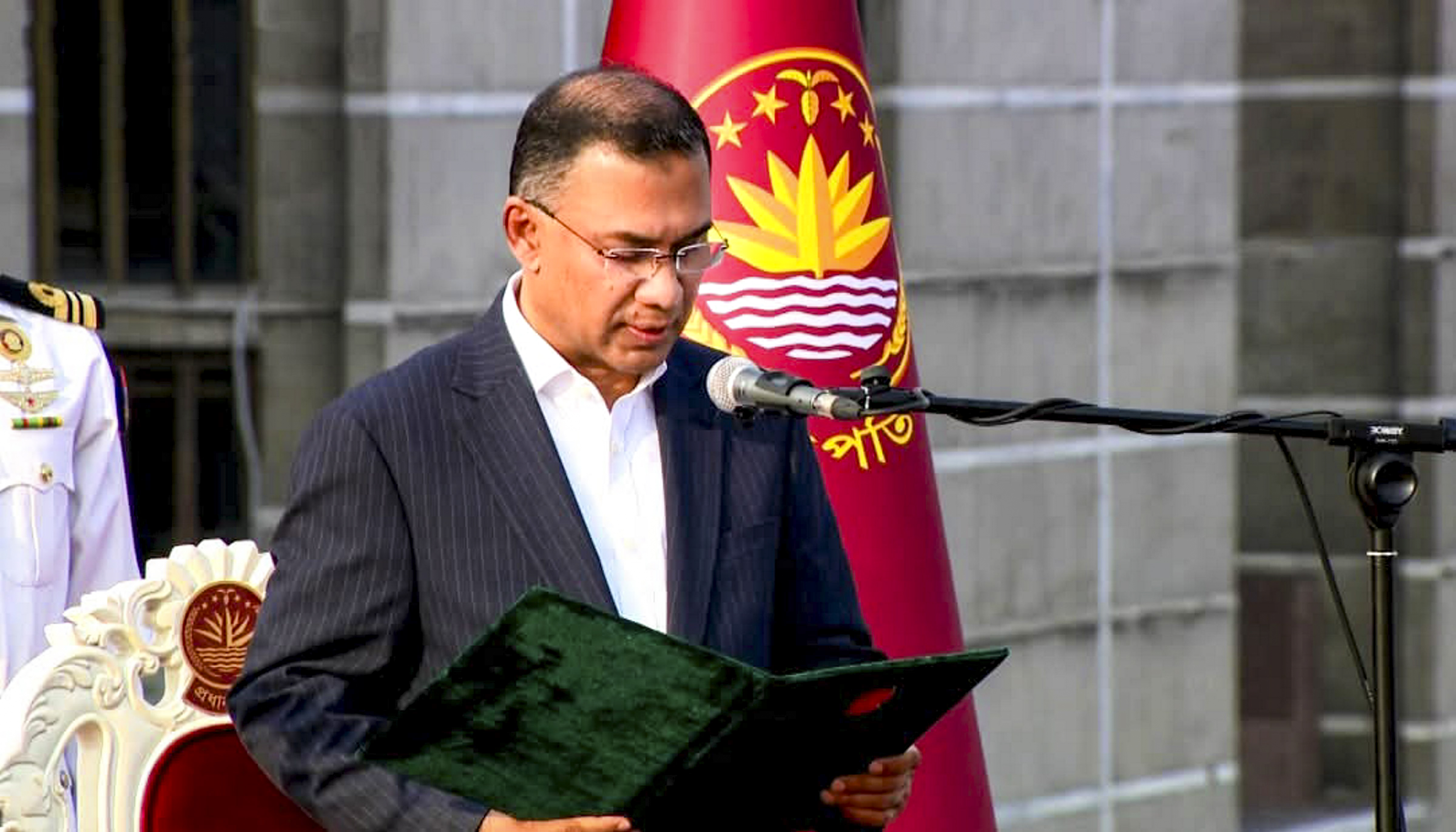ICE arrests nearly 550 in Chicago area in 2 weeks as part of 'Midway Blitz'
Collateral arrests were not allowed during the Biden administration but the Trump administration threw out those restrictions almost immediately after coming into office as part of Trump's efforts to beef up deportations.
PTI
-
Before Chicago, similar ICE operations were launched in Los Angeles and Washington, DC.
Park Ridge, 19 Sept
Immigration enforcement officials have arrested almost 550 people as part of an operation in the Chicago area that launched a little less than two weeks ago, the Department of Homeland Security said Friday.
The updated figure came hours after a senior immigration
official revealed in an interview with The Associated Press that more than 400
people had been arrested in the operation so far. The figures offer an early
gauge of what is shaping up as a major enforcement effort that comes after
similar operations were launched in Los Angeles and Washington, DC.
The figures released by Homeland Security include arrests by
Immigration and Customs Enforcement as well as other federal agencies assisting
in the operation.
ICE launched its Chicago area operation dubbed “Midway Blitz” on 8 September, drawing concern from activists and immigrant communities who say there's been a noticeable uptick in immigration enforcement agents.
That has deepened dread in communities already fearful of the large-scale
arrests or aggressive tactics used in other cities targeted by President Donald
Trump 's hardline immigration policies.
The operation has brought allegations of excessive force and
heavy-handed dragnets that have ensnared US citizens, while gratifying Trump
supporters who say he is delivering on a promise of mass deportations.
The Trump administration has promised to send an influx of
immigration agents and National Guard troops to Chicago, over the fierce of
objections of local leaders and residents. A military deployment to Chicago has
yet to materialise even as immigration enforcement operations continue.
Officials and activists in the Chicago area opposed to the enforcement surge argue the approach is dangerous and imprecise, pointing to accounts of two US citizens who were briefly detained this week by federal officers focused on immigration enforcement.
Advocates also have protested the
death of a man shot by an ICE officer on 12 September after authorities said he
tried to flee during a traffic stop, dragging the officer.
Marcos Charles, the acting head of ICE's Enforcement and
Removal Operations, said in an interview with the Associated Press Friday that
as of Thursday roughly 50 per cent to 60 per cent of the Chicago operation
arrests were targeted arrests, meaning they were specific people that ICE was
trying to find because they had committed a crime, had a final order of removal
or had done something that put them on ICE's radar.
The rest were what's often referred to as “collateral
arrests,” meaning people that ICE comes across during their operations who
aren't the person they're looking for but are in the country illegally, so ICE
can arrest them.
Collateral arrests were not allowed during the Biden
administration but the Trump administration threw out those restrictions almost
immediately after coming into office as part of Trump's efforts to beef up
deportations.
“It doesn't mean that the collateral arrests are
non-criminal. Some of our collateral arrests … also have criminal convictions
and arrests. They just weren't the people we were looking for at the time,”
said Charles.
The Department of Homeland Security launched “Midway Blitz”
after months of Trump administration criticism of Chicago and Illinois over
state and local policies that restrict law enforcement cooperation with ICE.
ICE says these policies mean that immigrants who've
committed crimes in the US and can be deported as a result are instead released
into the community. ICE says it then has to go out into the community and track
them down to remove them.
Many local officials and activists have said that
immigration enforcement is a federal responsibility and that if they cooperate
with ICE, it makes it less likely that immigrants who are victims or witnesses
to crime will come forward to work with police.
Leave a Reply
Your email address will not be published. Required fields are marked *








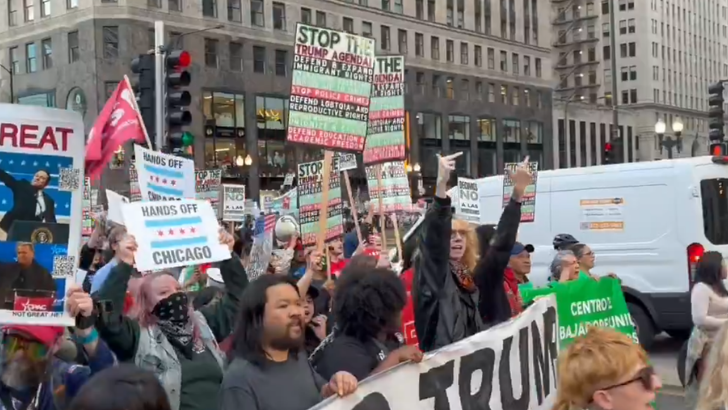


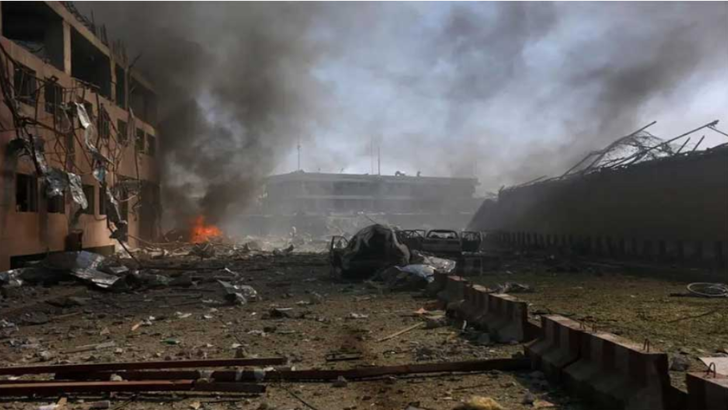
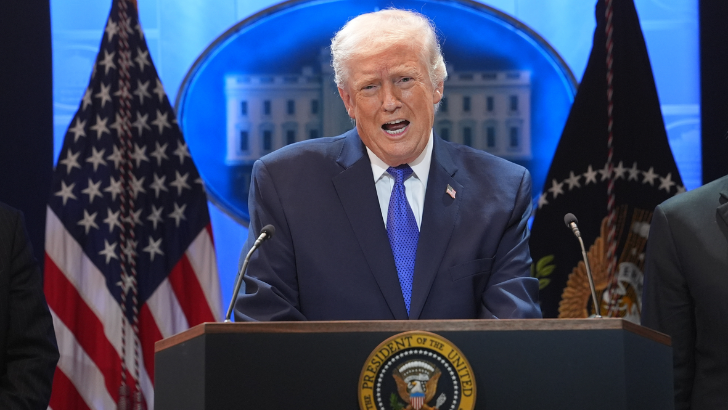
.png)
